From Ibiza to the Norfolk Broads: An interview with writer/director Adrian Berry
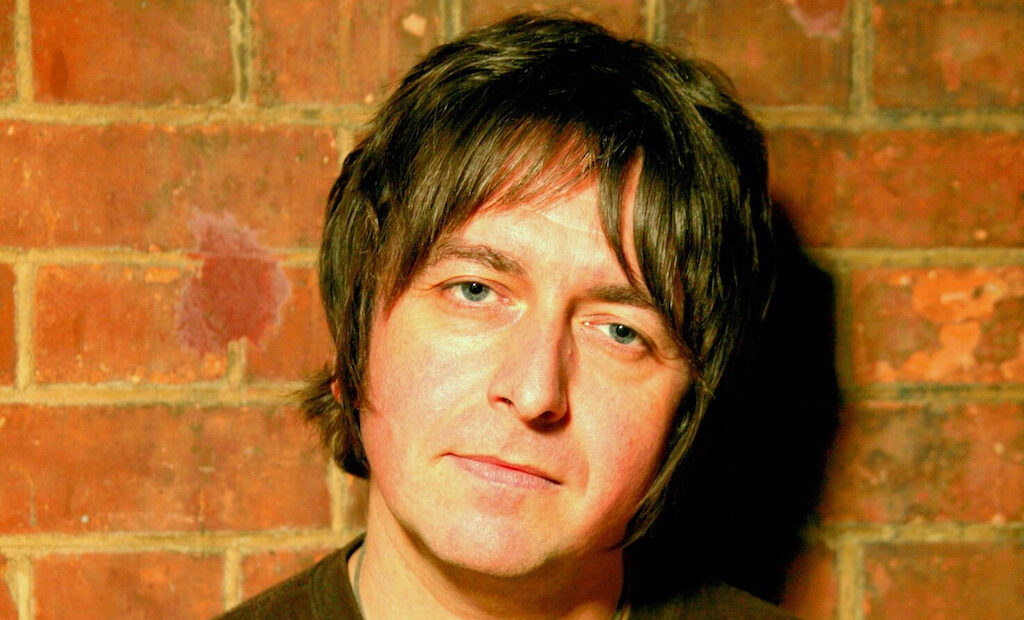
After 143 live performances in the UK, the highly acclaimed production From Ibiza to the Norfolk Broads, an homage and celebration of David Bowie, will be released worldwide as an audio book on Spotify, Apple Music, Amazon and all streaming services from Sunday 21st March.The audiobook sees the original production team of writer and director Adrian Berry, performer Alex Walton, and sound designer and engineer Alan Boyd (Little Sparta), reunited as they, once again, take their audience on a journey to where Bowie’s art began.
We talked with Adrian before its release, chatting about the process of turning the stage play into an audio play, his creative ventures during lockdown and his plans post-lockdown.
When you originally wrote the play, how did you find balancing the Bowie inspiration with the important mental health issues and themes in the play so that neither outweighed the other?
Well, the main thing I wanted was to avoid any kind of Bowie “tribute” play, yet at the same time have enough in there to keep the fans happy, so yes, it was indeed a fine balancing act. There’s some hard-hitting stuff about bulimia, self-harming… Pretty heavy for some people to take and I know some found it painful to watch. But there were many pay-offs with humour (of the dark kind), some of the great man’s music, and to hear him speak words only heard in press interviews through the astonishing recreation by Rob Newman. The audience has to work hard and concentrate in the first half hour to get the rewards of emotion and release. I think they felt it was worth it, though.
When did the idea come to turn the stage play into an audio book?
I’d like to say “Oh, because of lockdown,” but it wasn’t really. In 2016. we were due to stream the last show in London globally, and we were halted by Bowie’s estate with 24 hours to go. My mistake really – I thought the rights we had been given for the theatre tour would apply, but turns out you need digital rights and we weren’t granted them. So, during the last year we thought about filming it in a location like a church or warehouse and not using David’s music… Then I just couldn’t seem to find the right location and it hit me that the play is almost like a story for the radio in a way. We had done excerpts for BBC Radio and others in the past and it all suddenly came together in my head. I was going to do it DIY-style with Alex, a mic and a Macbook in my bathroom at one point! But we went to our original sound designer, Alan D Boyd, and he made it utterly professional and wonderful! I think we did the right thing.
How faithful is the audio book to the original play?
98%, but there is original music in there rather than David’s. It makes more sense, actually, as there were long stretches of his music with visuals, which you can’t have in an audiobook, obviously – it has to be in the listener’s head. There is lots of original music and new sound effects to help create the imagery. We built soundscapes of Leicester Square, Soho, even Croydon.
How did you go about selecting the songs for the original play, when Bowie has such a vast back catalogue?
Originally, it was much more about the more “cinematic” work and instrumentals from Low and the Berlin period in the 70s, then also it is set on the day of the release of his penultimate album, The Next Day, so we used songs from there, too. In the theatre show, he destroys Starman in a karaoke bar. But, there’s no Ziggy Stardust, or Let’s Dance, very few “crowd-pleasers” – similarly to how David approached Lazarus, which coincidentally ran alongside us in London.
When you directed this, how, if at all, did you find your directing of Alex changed?
It was very new to me. I was sat a metre from him and almost conducting him, using my hands to convey when I wanted silence, crescendos, less or more. I try not to do that in rehearsal rooms usually as it can be distracting to an actor. And I had to constantly interrupt and ask for re-takes. You can’t do that during a show, obviously, but here you have to get it right as it’s up there forever online or on people’s phones.
Were there any challenges that came with re-imagining the play as an audio book, and how were they overcome?
The music, as I said, but that was what made it more interesting also. Then there was when to allow the descriptive language to stand up on its own, and when to assist the play and the listener with background noise and ambience. We didn’t want to over-egg it.
Has the experience inspired you to write or direct more audio-based work?
Ummmm… pass. I have another one, which is also about a famous singer that was kind of my training shoes for this one, and I think it was Time Out who said, “Get this on the radio.” But, then again, it’s kind of too similar and I don’t like going backwards.
On the subject of other work, in previous interviews you mentioned that you were hoping to revisit The Missing Boy. Has that been finished during lockdown or have you found other ways to keep creatively engaged?
I scrapped it as it turned out to be too similar to a play by Neil La Bute called The Shape of Things, which I had never even seen! It was going to use the music of (1970s Mancunian post-punk band) The Durutti Column. Shame. Then I was writing another for Alex set in LA, and that’s still ongoing. The idea is musically-inspired, as ever, with a backdrop to Jarvis Cocker and Chilly Gonzalez’s Room 29 album. We’ll see. I also made a new album with my band Alberteen, called Lowenva, recorded on an online studio (developed by David’s old studio Trident in Soho, actually), which appears in the play. We made it in three cities and it’s getting the best reviews of our 12-year career.
A year on from the first lockdown, how have you helped Jacksons Lane weather the storm, as artistic director?
With Jacksons Lane, we had a huge rebuild, which was scheduled anyway, so managing that. Plus, I directed an outdoor circus show in three countries online, and planning for our first season in Autumn 2021 [was another way]. I’ve never been busier, and the Jacksons Lane team have been amazing in delivering so much work and outreach online. We even delivered 250 Christmas dinners, hampers and gifts to older people on Christmas Day.
Jacksons Lane is famed for its connection with international artists and companies. In post-Brexit Britain, how will you continue to forge these important links?
Pay the visa fees, try and get the 20% reduction in government commissions. And f*** the government – it won’t stop us. Far from it. It makes us more determined to be global in our approach. Plus we have always had to pay for visas and the like for American and Australian artists. We just have to take that mentality and build it into our budgets. It’s the freedom of movement and xenophobia that is the real problem, I feel.
Despite the economic hardships, do you think, post-lockdown, that audiences will be inspired to reconnect with the theatre with greater enthusiasm?
I do hope so; I hope they will be hungry and trust that we will keep them safe. There will still be caution and concern. It will take time. But we have such a thrilling reopening season, they’ll hopefully find it hard to resist. It’s exciting, as it has given us all a chance to take stock, create in adversity and think about what that first experience will look and feel like. I can’t wait.
Francis Nash
From Ibiza to the Norfolk Broads is available on all digital platforms from 21st March 2021. For further information visit here.

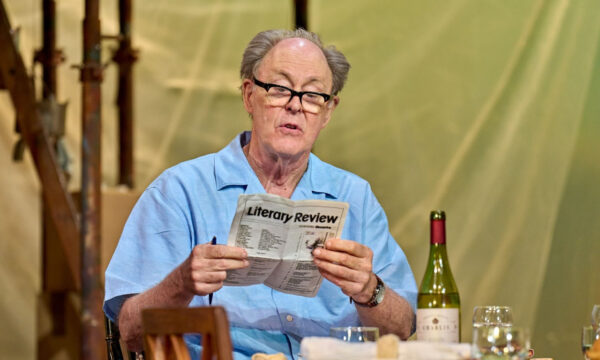
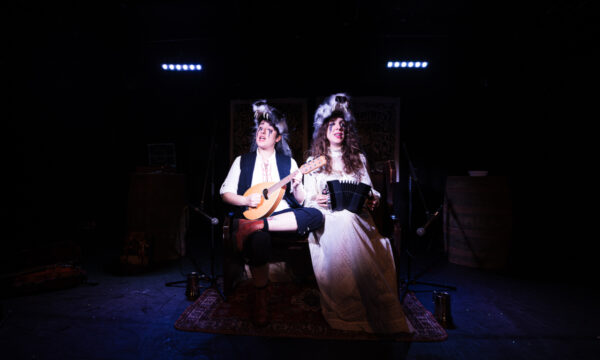
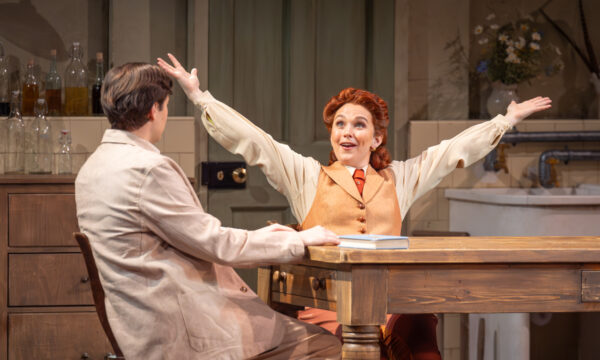
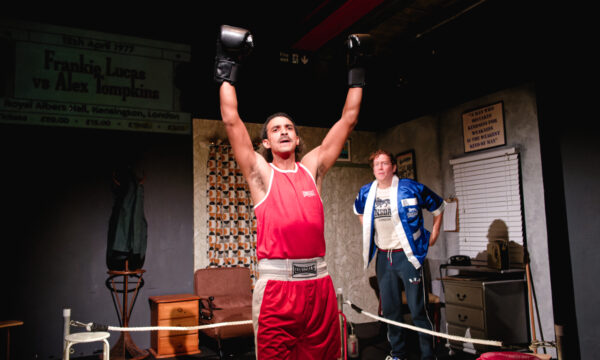
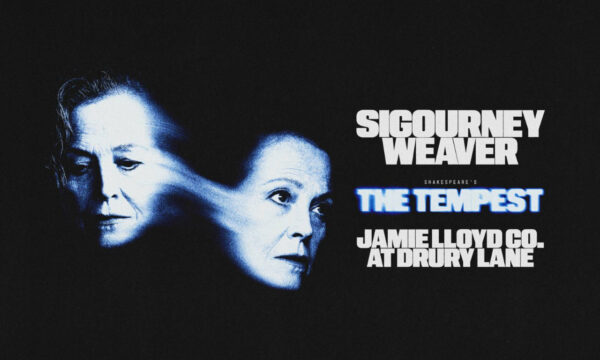
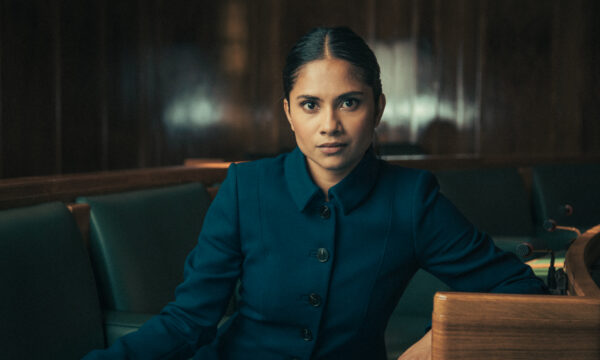
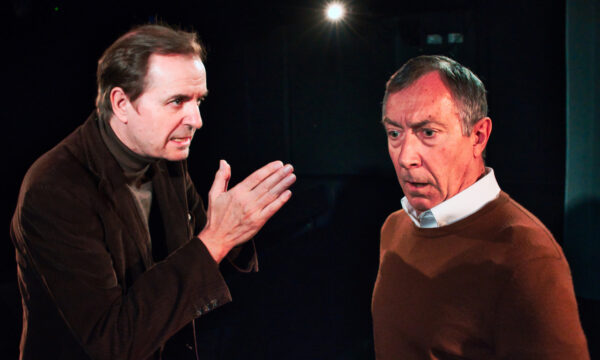
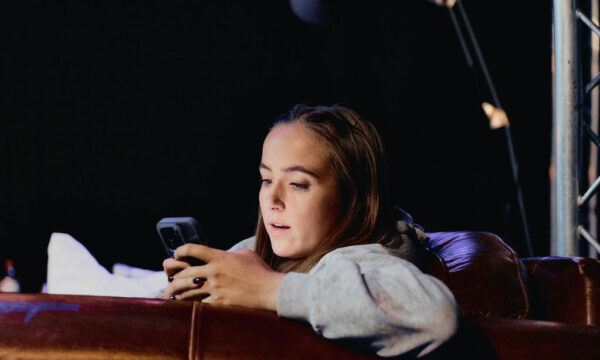
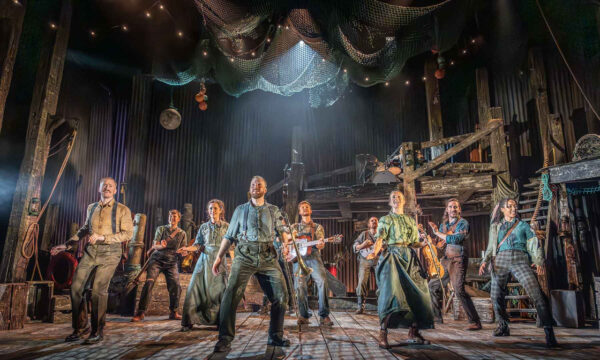









Facebook
Twitter
Instagram
YouTube
RSS